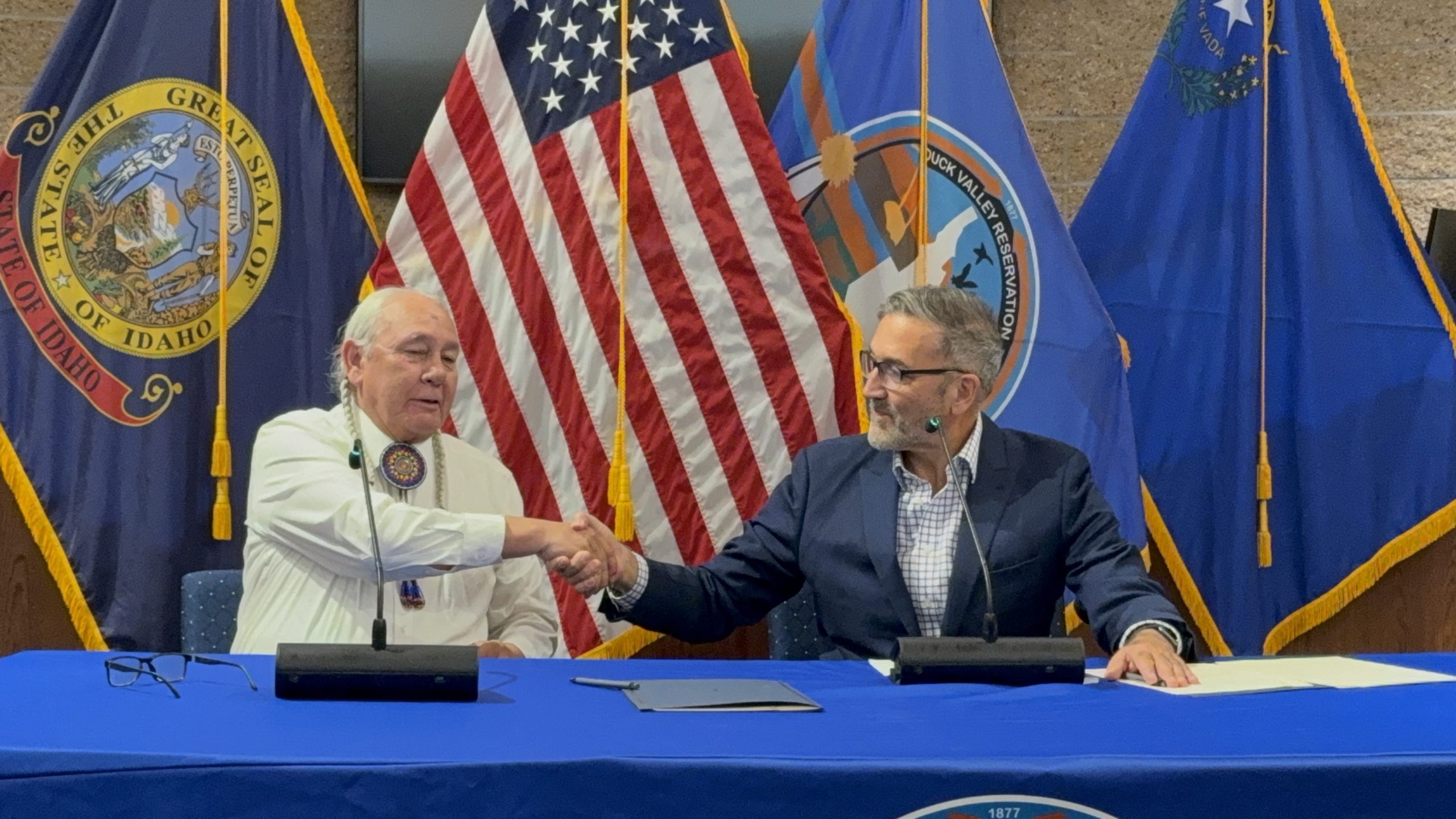Now Reading: Profit-Sharing: A New Approach to Mining on Indigenous Land
-
01
Profit-Sharing: A New Approach to Mining on Indigenous Land
Profit-Sharing: A New Approach to Mining on Indigenous Land

Quick Summary
- In 2020, Integra Resources, a Canadian mining firm, approached the Shoshone-Paiute Tribes of Duck Valley Reservation in southwestern Idaho to form a partnership for gold and silver mining on tribal land.
- Historically,mining projects on Indigenous territories have caused ecological damage and cultural harm; meaningful consultation has been rare.
- The Nez Perce Tribe recently sued the Forest Service over potential risks of an approved open-pit gold mine in Idaho.Other disputes are ongoing in arizona’s Oak Flat copper mine and Nevada’s Thacker Pass lithium project over lack of tribal consultations or profit-sharing agreements.
- The Shoshone-Paiute signed a legally binding partnership agreement with Integra Resources last month that supports profit sharing, economic growth initiatives, healthcare systems, and language revitalization efforts-marking one of the first agreements rooted in the UN Declaration on the Rights of Indigenous Peoples (UNDRIP) for mainland US tribes.
- Federal auditors have raised concerns about oversight regarding funding to tribal economies; Duck Valley remains highly dependent (85-90%) on federal grants while seeking self-sufficiency through new revenue sources like gaming and mining.
Indian Opinion Analysis
This agreement between the Shoshone-Paiute Tribes and Integra Resources sets significant precedent for safeguarding Indigenous sovereignty within resource extraction industries. While past examples reveal contentious relations between tribes and developers due to environmental degradation or cultural site disruptions-as seen with Arizona’s Oak Flat or Nevada’s Thacker Pass-the UNDRIP framework provides an avenue for collaborative decision-making that respects Indigenous rights. By anchoring this model through profit-sharing mechanisms tied directly to tribal priorities such as healthcare infrastructure or language preservation programs,greater financial stability might be achieved without compromising sovereignty.
The implications extend beyond just Idaho; if this agreement is seen as successful by other stakeholders nationally, it could reshape how corporations approach projects involving Native lands amid intensifying demand for transition minerals critical to renewable energy sectors. However, systemic issues remain: federal budget cuts proposed by prior administrations threaten sources vital to non-revenue tribes like Duck Valley who rely heavily on external support. Whether private-sector partnerships can wholly offset such reductions depends on scalability across regions with varying levels of mineral resources-a long-term challenge needing further study.


























